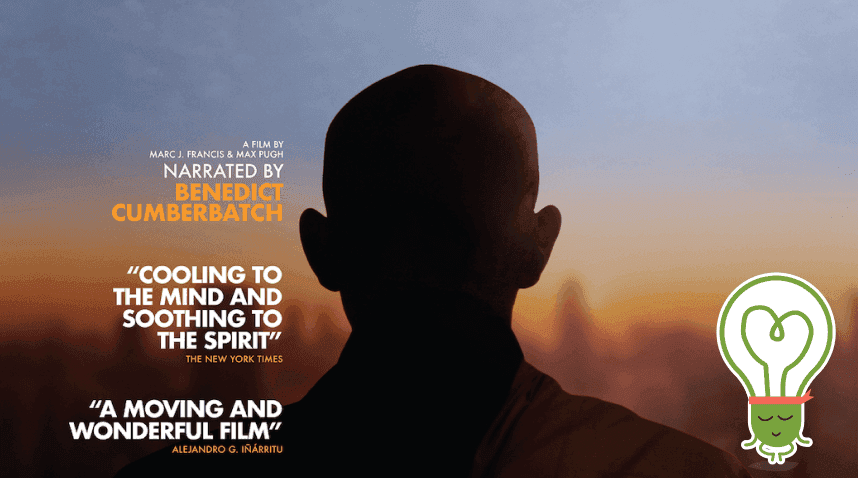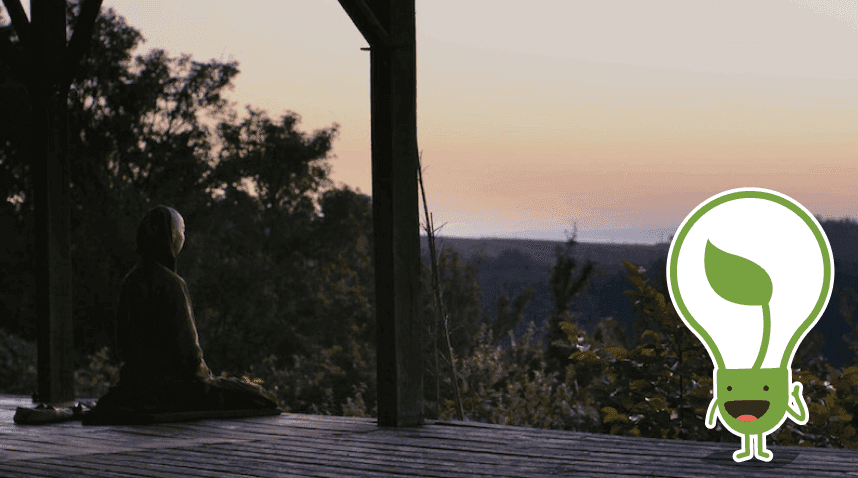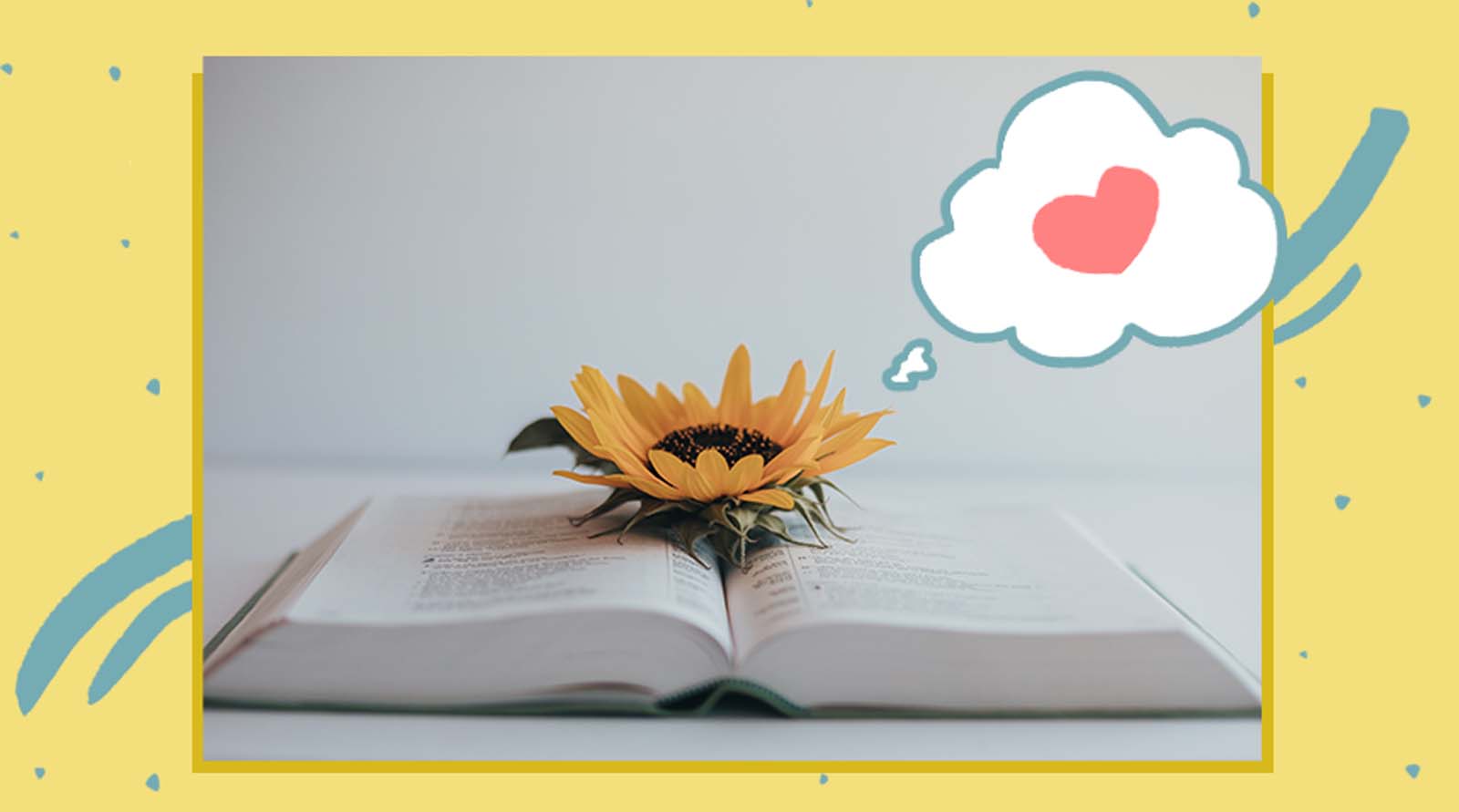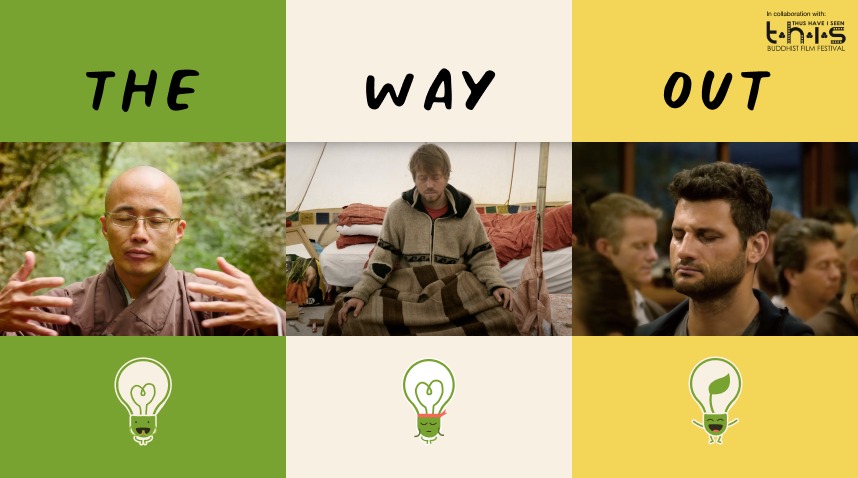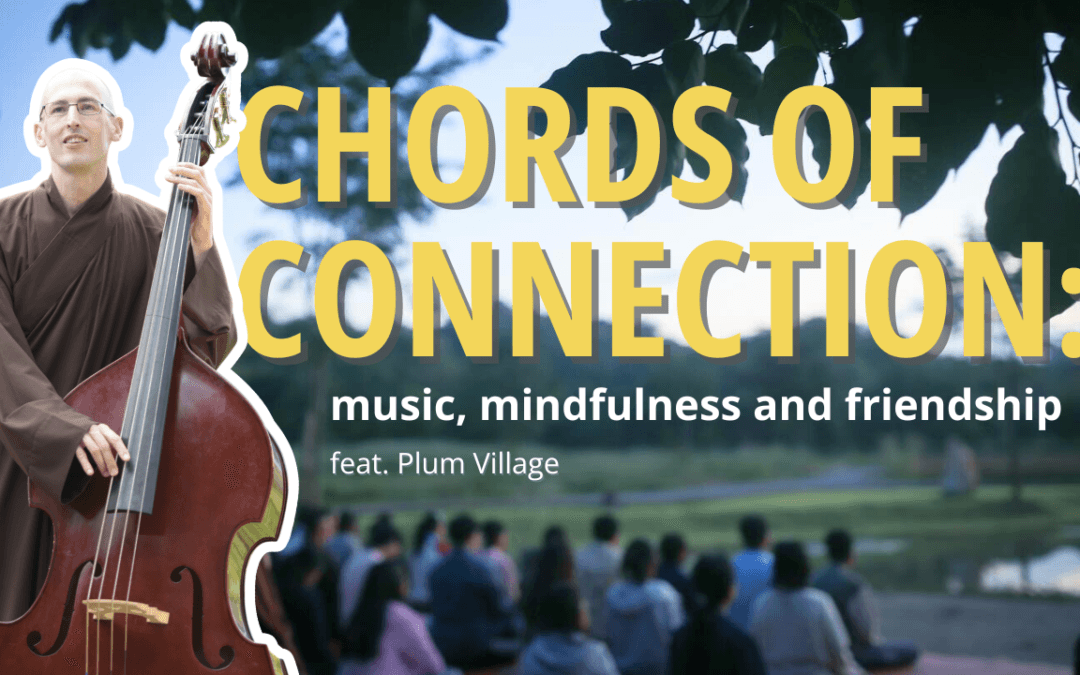
Ep 54: Chords of Connection: Music, Mindfulness and Friendship ft. Plum Village
Summary
This Handful of Leaves episode features Brother Duc Pho, a monastic from Plum Village, discussing the integration of music with mindfulness practice. It explores how music can be a tool to cultivate awareness, embrace emotions, and transform suffering. Brother Duc Pho shares personal insights, such as using mindful songs to calm the mind and the balance between engaging with music and maintaining spiritual discipline. The conversation emphasises joy, community, and intentionality in practice, highlighting the role of music in enhancing both personal growth and collective harmony.
About the Speaker
Brother Đức Phổ (徳普), born in the Netherlands in 1985, first got in contact with Buddhism while traveling in South-East Asia. Later he found a practical and applied form of Buddhism in Plum Village France and has been practicing and building sangha as a lay practitioner in this tradition since 2010 and continues to do so since being ordained as a monastic under Zen Master Thich Nhat Hanh in 2016. He currently practices with the monastic sangha of Thai Plum Village International Meditation Practice Center in Pak Chong, Thailand.
Brother Duc Pho enjoys sitting meditation and slow walking outside in nature, drinking tea in mindfulness, playing music and offering his presence as an authentic human being and practitioner with people of all ages including young people and children.
Key Takeaways
Mindful Use of Music
Music, when chosen with intention and mindfulness, can support emotional healing, strengthen awareness, and enhance concentration. However, it can also distract or intensify negative emotions if not used carefully.
Interconnectedness through Music
Singing or playing mindful music helps bring people together, fostering harmony and shared energy within communities.
Balancing Joy and Practice
While mindfulness practice often focuses on transforming suffering, it’s essential to cultivate joy to sustain the effort. Music can be a source of joy, grounding practitioners in the present moment and nurturing their journey.
Transcript
Full transcript
[00:00:00] Brother Duc Pho: The mind is a clear blue sky. Thoughts come, thoughts go. Mind is a clear blue sky.
[00:00:11] Jia Yi: Hello and welcome to the Handful of Leaves podcast where we bring you practical wisdom for a happier life. I’m Jia Yi and I’ll be the guest host for today’s episode. At the time of this recording, Plum Village Sangha has stopped by Singapore for our music tour themed ‘Sound of the Rising Tide’, using music to remind us of our interconnectedness and to embrace joy and pain.
[00:00:34] Jia Yi: That will be the theme for today’s episode. Today we are very fortunate to have Brother Duc Pho with us. Brother Duc Pho was born in the Netherlands in 1985 and first got in contact with Buddhism while travelling in Southeast Asia. He currently practices with the monastic Sangha of Thai Plum Village International Meditation Practice Centre in Pak Chong, Thailand. Thank you for being with us on this episode.
[00:00:58] Brother Duc Pho: Thank you so much for having me, inviting me.
[00:01:00] Jia Yi: So, first question will be a very fun question. If you were to pick a song or music instrument to best describe you, what would it be?
[00:01:10] Brother Duc Pho: The mind is a clear blue sky. The mind is a clear blue sky. Thoughts come, thoughts go. Mind is a clear blue sky. And the song continues including feelings come and go. So I think as practitioners of meditation, I try to let go about the story about myself and not get too caught up in my own story and my own identity. So this is a song that reminds me that who I am is changing every moment.
[00:01:46] Brother Duc Pho: In terms of instruments, like guitar is the instrument I’ve been playing most of my life, I cannot say I am a guitar. Maybe there are some days I am a small ukulele, some days I am a big double bass, and some moments I will be in tune, some moments I will be out of tune. Sometimes I might forget that, so this song is a reminder to look at the changing nature of myself.
[00:02:07] Jia Yi: Plum Village has taken the unique approach of using mindfulness as a mindfulness tool to help anyone apply the teachings in daily life. Could you share with me your personal journey on how music has integrated into your mindfulness practice?
[00:02:23] Brother Duc Pho: One thing we use in our mindfulness practice is poems we call gathas. They go with certain daily action or with breathing, help us guide our breathing. And many of those have been set to music and they can come from village songs. They’re very simple, like children’s songs, easy to stick into your mind.
[00:02:45] Brother Duc Pho: So there is a song, ‘In, Out, Deep, Slow, Calm, Ease, Smile, Release.’ It’s something I use, in the evening when I go to bed, when I go to sleep. I will silently recite that song to myself and breathe with it. If I don’t do that, I might have a lot of thinking over and over the day, what did I do well, or what’s going to happen.
[00:03:11] Jia Yi: Has it ever happened where, even in the mindful music that you listen to, has it become an obstacle?
[00:03:18] Brother Duc Pho: With this kind of music, I don’t mind. If my mind is not popping up in music, it will pop up with some thoughts, some worry or some feeling. And my practice is just to look at it and see it as it is.
[00:03:32] Brother Duc Pho: And if I feel there’s something there, I try to look up, where has it come from? Why in this moment? What is something I saw, heard or smelled or sensed that brings up this memory from my consciousness? So I will learn something, and then, you know, we have the meditation practice, like following our breathing to quiet down our mind.
[00:03:54] Brother Duc Pho: So yeah, I’m not bothered by this. If it’s a happy song, a mindful song that comes up, I’m happy for it to be there. If you cling on to it, it will also pass away.
[00:04:05] Jia Yi: Then when might music become an obstacle for our mindfulness or concentration?
[00:04:11] Brother Duc Pho: I think music can take us in many different directions. In our minds, we all have good seeds; we have wholesome seeds and unwholesome seeds. Outside of the monastery, outside of spiritual practice, people say music is a way to express myself. But as practitioner, we have to be really aware of what we expressing and what are we taking in.
[00:04:34] Brother Duc Pho: Sometimes we have negative feelings, negative thoughts, and we use music, either we play it or we listen to it. We just make that feeling stronger, and it’s not taking us in a wholesome direction. For sure, many of them are good people, but they also have suffering and desire, like we all have. This can bring up emotions of anger, confusion or desire. So for sure, that’s an obstacle to our concentration and meditation. We can use it as a way to cover up, like we feel lonely or down. And we put on music because we don’t want to be with that feeling, but in fact, the feeling will just get stronger.
[00:05:11] Brother Duc Pho: So what we try with mindfulness is that we choose the kind of music and the lyrics that will water the good seeds in us. That will strengthen our awareness, our stability, and help us not run away from our emotions, but to be with them and embrace them. Look deeply at what’s the cause. In that way, it can contribute to our awareness, concentration.
[00:05:36] Brother Duc Pho: I think it’s two aspects: what we choose to listen to? What do we choose to play? And then the other is what the intention and awareness we bring to the actual playing and listening. Even though I’m a monk practicing daily, there might still be moments where I pick up a guitar just to distract myself. But as a monastic, I don’t want to live like that. I want to have a more mindful and awakened life. So I choose properly when I want to play what I want.
[00:06:04] Jia Yi: Some lay practitioners wish to deepen their practice by observing the eight precepts. One of the precepts state to refrain from entertainment, which includes dancing, singing and playing music. So will playing music be at odds with their practice?
[00:06:20] Brother Duc Pho: I think in Buddhism, we are very lucky to have a variety of traditions and practices. When we take the eight precepts, for monastics, we’ll cut off all music that is not chanting. I can really understand and respect that choice and practice. The Plum Village tradition, we have a precept about not listening or playing love songs or music that water negative emotions in us. And I think to me, this is quite in spirit of Mahayana Buddhism, which has been to different places and cultures over time. Some current Mahayana chanting, now very traditional, was actually at the time Sutras and Buddhist prayers turned to the music of the day.
[00:07:11] Brother Duc Pho: Applying different forms of music to Buddhism and to meditation practice have been happening all the time. For some people, they’re happy to take that in, open to that, to benefit from that , welcome to practice that. For others who wish to live a more silent life, to not have to choose what to listen to and what not to listen to, like, kind of completely, I can also understand.
[00:07:35] Brother Duc Pho: I have periods in my monastic life where I’m a bit involved with music too much, but I feel I need more silence. Music can come up at any time and bring up memories. Sometimes in our monastery, meditating on one of the hills the neighbours or workers have music on, it’s so hard to block it out even if it’s another language I cannot understand, but the melody, like my brain starts to follow right-away.
[00:08:01] Brother Duc Pho: That can be a distraction. Over the past years as a monastic, I’ve been replacing more and more music from the past with meditation music. Sometimes we take songs from the past and change the lyrics.
[00:08:14] Brother Duc Pho: The main thing when we practice mindfulness and meditation is to be continuous aware of what is going on in our mind. As musicians, we have habits from the past, like when I play music, it should be beautiful and get obsessed over that. So that’s another thing to take care of and to remember that the purpose is to practice and offer the Dharma to people. In Singapore and in a big city like this, probably at the same time, there are at least 20 other concerts.
[00:08:40] Brother Duc Pho: The musicians, they can play better than us. We offer our practice and offer the transmission we received from the Buddha and our teacher, in the songs. In Buddhism we speak of the three complexes, superiority complex, inferiority complex, equality complex. Superiority complex would be, “Oh, I’m so special to be on stage.”
[00:09:03] Brother Duc Pho: It’s very dangerous for a monk because we don’t want to cultivate that kind of mind. It’s not about us. It’s about being with the people and offering our practice. Inferiority complex, at any level of music we play, we might feel that we should be able to do better, maybe because we studied music in the past and, should be at this level. Or maybe because I’m playing an instrument that I just started learning. So, okay, there’s people in the audience who can see that I’m still not so skilled at it. So this feeling, can take care of our practice. Equality complex: “I should have as much time on stage as the other players”. We’re working with all of that as we do this tour.
[00:09:41] Jia Yi: That’s such an interesting concept to break down different states of mind, the sense of self with three types of complex. Could you share some examples of how one can skilfully use music to heal their pain?
[00:09:57] Brother Duc Pho: I have one memory, the reading of the poetry of our teacher, the late Thich Nhat Hanh, and also play different piece of music. Some are just instrumental classical piece. Some are poems put to music. One evening like that in our monastery in Germany, called the European Institute of Applied Buddhism.
[00:10:18] Brother Duc Pho: And actually that monastery is housed in a building where during the Second World War, the Nazis took over that building, which was a hospital for handicapped people. So there’s a lot of suffering in that. And for a long time, nobody wants to use it, until our teacher said, that will be the building for our monastery in Germany.
[00:10:38] Brother Duc Pho: And then the Sangha moved in. I’ve done a lot of ceremonies and chanting to transform that suffering. So just being there together after 10 years and celebrating the 10 year anniversary. At the time I was a participant, just sitting in meditation throughout the evening and it was a really deep experience where I could feel very clearly the aspiration of my teacher to open a monastery in that place.
[00:11:03] Brother Duc Pho: And where I also, you know, as I’m mostly from the Netherlands, so that part of the history of Europe is also in me and my ancestors. I also make a personal determination to when the time is right to go there and contribute.
[00:11:15] Brother Duc Pho: One song that speaks to this is, ‘Hello, hello, something in me, I am aware that you are there, I’m sure you’ve got a good reason to be. Hello, hello, something in me, I am aware that you are in there, And I’m going to keep you company.’ To me, what the song speaks about is that, we might have feelings come up, like painful feelings to a breakup or otherwise feelings of separation. And sometimes we’re very quick to say, ‘ I feel like this because this happened and that person did that.’ The practice invites me to just be aware of the feeling as it is in my body and try to not push it away.
[00:12:07] Brother Duc Pho: Because with the tendency of my mind, I might always want to run away from feelings. So to use my breathing to be with that feeling, I can really be there for it in that way, really be there for myself. We know that in life there will be suffering, there will be difficult feelings, but we can learn how to be with and take care of.
[00:12:31] Brother Duc Pho: And, of course, at some point we look into what it is and where it comes from, but if we’re too quick with giving it a label, maybe we don’t see the full picture. And it’s just another way to kind of, okay, have my smart analysis, and then it’s gone. So this feeling comes up, if I look into it, I can learn something from it. And that is kind of the transformation and the growth we have in our practice, when we can be with difficult sensations.
[00:13:05] Brother Duc Pho: That’s been a helpful practice. And this song is actually written by a lady teacher in our tradition, and that’s from my home country. But now it’s on and practiced by many people around the world.
[00:13:17] Jia Yi: Really beautiful. Do you have any final advice or thoughts for individuals on their journey to practice mindfulness?
[00:13:26] Brother Duc Pho: The practice of Buddhism and meditation doesn’t have to be too serious. We talk a lot about suffering and about transforming suffering. And of course, this is the important work we want to do because we want liberation. But we need enough energy and enough joy to face difficulties in our own life and in society.
[00:13:52] Brother Duc Pho: Music can play a big role to sustain our mindfulness practice. Whether you’re learning new instruments or learning to sing or studying your mindful songs, you need joy to sustain that effort. Just play, enjoy and keep checking in with your own mind. Like what is going into my mind and my feeling in my body while I’m singing listening to this, while I’m playing, your body will tell you if you’re on the right path and you need to adjust.
[00:14:24] Brother Duc Pho: Many artists are doing this already. So if you go online, like Plum Village does many songs on YouTube, Spotify Yeah, actually, I think in Asia, there’s different Buddhist traditions. There are many groups that are applying music, so find the right examples. I connect with friends who have the same aspiration to do it together.
[00:14:50] Brother Duc Pho: Music is a strong power to sustain our practice. We need Sangha, a community. Music and singing is a great way to bring people together. We harmonise the different voices and the different bodies and minds. Remember we have our life in the city, we come from different corners, different things on our mind, but when we sing the same song, come together, it gives us the energy to flow and support each other.
[00:15:12] Jia Yi: Music can be skilfully used as a form of mindfulness, with wholesome lyrics to help us bring our awareness to the present moment address feelings of pain and be more accepting of it, and perhaps to even use it as a way to learn from our feelings. Mindful music can help build faith in the Triple Gem and bring more joy in our daily life. Till the next episode, may you stay wise and happy.
Resources
- Plum Village Thailand: https://www.thaiplumvillage.org
- Joyful Garden Sangha Singapore: https://www.joyfulgarden.sg/
- Plum Village Malaysia: https://www.instagram.com/plumvillagemalaysia?igsh=MWN1amV1OWoxNzJ2eQ==
- Plum Village Indonesia: https://www.instagram.com/plumvillageindonesia?igsh=bmg5bzVxNWppdjd0
- Wake Up Organisation: https://wkup.org/
Special thanks to our sponsors:
Buddhist Youth Network, Lim Soon Kiat, Alvin Chan, Tan Key Seng, Soh Hwee Hoon, Geraldine Tay, Venerable You Guang, Wilson Ng, Diga, Joyce, Tan Jia Yee, Joanne, Suñña, Shuo Mei, Arif, Bernice, Wee Teck, Andrew Yam, Kan Rong Hui, Wei Li Quek, Shirley Shen, Ezra, Joanne Chan, Hsien Li Siaw, Gillian Ang, Wang Shiow Mei, Ong Chye Chye, Melvin, Yoke Kuen, Nai Kai Lee
Editor and transcriber of this episode:
Hong Jia Yi, Ang You Shan, Tan Si Jing, Bernice Bay, Cheryl Cheah

